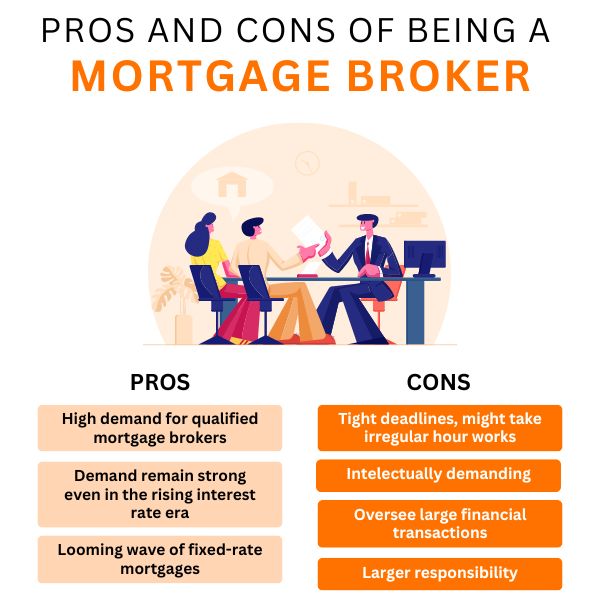Recognizing Jumbo Loan Needs for Luxury Residence
Recognizing Jumbo Loan Needs for Luxury Residence
Blog Article
Comprehending What a Jumbo Financing Entails and Exactly How It Differs From Conventional Finances
Navigating the complexities of big fundings discloses a funding option tailored for those venturing right into high-value realty, normally surpassing the limits established by the Federal Housing Money Company. In contrast, conventional financings are usually extra easily accessible, profiting from support by entities such as Fannie Mae and Freddie Mac. The substantial danger related to big financings necessitates more rigorous qualification demands, including greater credit report and substantial deposits. As these two loan types deal with differing monetary landscapes, understanding their nuances is vital for making educated choices in the intricate world of realty funding. Yet exactly how do you determine which course ideal matches your financial technique?
Interpretation of Jumbo Financings
Jumbo fundings are a type of mortgage that go beyond the adhering loan limits set by the Federal Real Estate Financing Agency (FHFA) These fundings cater to borrowers that require to fund residential or commercial properties that are extra expensive than what traditional finance limitations permit. The FHFA establishes annual conforming financing restrictions, and any funding exceeding these limits is categorized as a big funding.
Usually, big fundings are used in high-cost property markets where home prices significantly exceed nationwide averages, such as in city locations or deluxe real estate markets. As these financings are not qualified for acquisition by Fannie Mae or Freddie Mac, they lug fundamental risks for loan providers due to their bigger dimension and non-conformity (jumbo loan). Consequently, lenders often impose much more rigid qualification criteria for big financings than standard adjusting car loans.
Customers seeking big loans should generally demonstrate a solid financial profile, consisting of a greater credit rating, robust income confirmation, and significant deposit, commonly 20% or more. Furthermore, loan providers might call for much more comprehensive documentation to analyze the debtor's capacity to handle larger month-to-month settlements. Recognizing the details characteristics of jumbo loans is critical for prospective consumers navigating this segment of the home mortgage market.
Traditional Lendings Overview
While big financings deal with high-value home funding, standard lendings stand for the more usual home mortgage option in the housing market. These lendings are not insured or ensured by any kind of government entity, such as the Federal Housing Management (FHA) or the Division of Veterans Matters (VA) Instead, they are backed by private loan providers and follow standards set by government-sponsored business (GSEs) like Fannie Mae and Freddie Mac.
Traditional finances are normally supplied with repaired or flexible rates of interest and vary in terms of period, commonly covering 15 to thirty years. Customers typically like standard loans for their foreseeable month-to-month repayments, which can help with long-lasting monetary preparation. In addition, they are offered for main homes, 2nd homes, and financial investment buildings, offering adaptability to meet varied borrower requirements.

Secret Distinctions Between Car Loans
At the forefront of this decision-making procedure are conventional finances and big car loans, each possessing distinctive features and offering different consumer requirements. Big fundings go beyond the adapting financing restrictions established by the Federal Housing Financing Agency (FHFA), which vary by area.

Additionally, the deposit needs can vary substantially. Jumbo loans generally need bigger deposits, sometimes surpassing 20%, to mitigate risk. Conventional car loans, conversely, might permit lower down settlements, with some programs accepting as little as 3% for professional purchasers.
Qualification Demands
Protecting a big funding includes satisfying extra rigorous qualification requirements contrasted to traditional finances, mirroring the boosted risk to lending institutions. These fundings, which go beyond the conforming lending restrictions established by the Federal Housing Finance Firm (FHFA), are not eligible for purchase by Freddie Mac or Fannie Mae, therefore subjecting lenders to better economic threat - jumbo loan. Consequently, consumers have to demonstrate a high creditworthiness and economic stability
A durable credit history, commonly 700 or greater, is essential for authorization. Lenders likewise anticipate a reduced debt-to-income (DTI) ratio, frequently not exceeding 43%, making sure that consumers can take care of significant month-to-month repayments together with various other financial responsibilities. Furthermore, a considerable cash book is typically needed, typically totaling up to 6 months of home mortgage repayments, to assure loan providers of the debtor's monetary durability.
Down settlement expectations are additionally elevated, often starting at 20% or even more of the building's value. While this is a protect for lending institutions, it demands significant in advance resources from borrowers.
Picking the Right Finance
When choosing the most suitable finance option,Browsing the intricacy of big finances calls for cautious factor to consider. With the broader series of options offered to those looking for jumbo car loans, the decision-making process needs to include a comprehensive evaluation of one's financial account and long-term goals. Unlike standard loans, big financings often feature more stringent requirements and differed rates of interest, which require extensive study and a clear understanding of one's financial standing.
When picking between various jumbo loan offerings, it is imperative to examine the car loan terms, consisting of rates of interest, repayment routines, and associated charges. Borrowers must contrast the rates supplied by different loan providers to guarantee they secure one of the most favorable terms. Additionally, understanding the ramifications of fixed versus variable-rate mortgages (ARMs) is crucial, as each choice offers distinct benefits and dangers relying on market conditions and personal monetary approaches.
Engaging with a monetary consultant or home mortgage broker can provide important understandings customized to specific circumstances. These experts can help in browsing the subtleties of big car loans, making sure that consumers are educated article and equipped to select a funding that straightens with their economic purposes, ultimately helping with a smoother home-buying process.
Final Thought
In summary, jumbo fundings work as an economic tool for getting high-value residential or commercial properties, requiring rigid eligibility demands and higher rate of interest as a result of the raised danger for loan providers. Unlike traditional financings, which adjust to FHFA restrictions and might get backing from Fannie Mae or Freddie Mac, jumbo lendings require a minimal credit scores score of 700 and significant deposits. Recognizing these differences is important for customers in high-cost realty markets to determine one of the most appropriate funding choice for their needs.
The FHFA develops yearly adhering lending restrictions, and any type of funding surpassing these limits is categorized as a jumbo loan.
At the center of this decision-making process are big finances and traditional lendings, each possessing distinctive attributes and serving various customer demands.Protecting a big finance involves fulfilling much more rigorous certification needs compared to standard car loans, mirroring the enhanced threat to lenders. Unlike traditional loans, big lendings commonly come with stricter demands and differed rate of interest prices, which necessitate complete research and a clear understanding of one's monetary standing.
Unlike standard lendings, which adapt to FHFA limits and may get support from Fannie Mae or Freddie Mac, big lendings need a minimal credit scores rating of 700 why not check here and substantial down payments.
Report this page